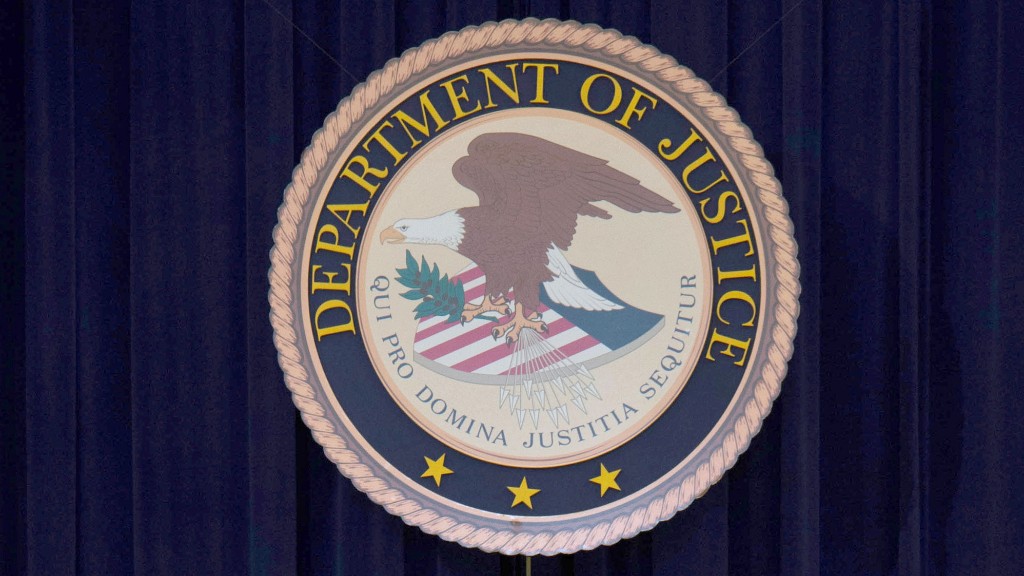
The U.S. Department of Justice said Thursday that it will approve a controversial spectrum sale deal between Verizon, Comcast and three other cable companies, after some revisions to remove terms that the DOJ considers anti-competitive.
Verizon (VZ) agreed late last year to buy $3.6 billion of unused wireless spectrum held by the nation's four largest cable providers: Comcast (CMCSA),Time Warner Cable (TWC), Cox Communications and Bright House Networks. Verizon wants the spectrum to help build out its 4G network. In return, the cable companies will be able to buy access to Verizon's 4G services and bundle it with their own triple-play offerings.
The companies plan to cross-sell each other's services. Verizon will advertise and bundle cable services with its own wireless and landline services, and the cable companies can do the same for Verizon -- but not for Verizon's competitors.
That raised red flags with the DOJ. The agency is concerned because Verizon's FiOS cable television and broadband Internet service is a major rival to the cable companies' offerings. Verizon and the cable companies "are direct competitors," and the proposed deal "would have threatened this competition," according to the DOJ. Verizon's incentive to aggressively sell its own services would have been reduced, the DOJ said.
As a result, the Justice Department filed an antitrust lawsuit against the companies -- one all the parties agreed to immediately settle, following promises to meet certain conditions.
Related story: Verizon's $3.6 billion spectrum buy reshapes wireless field
The agreement bars Verizon from selling cable services in areas where FiOS is available. The agency also limited the length of the agreement to five years, ending in December 2016. At that point, the cable companies can begin selling other wireless companies' services.
The DOJ had a few additional demands. It said Verizon must retain the ability to bundle its DSL Internet services with satellite TV providers. The company cut its partnership with DirecTV in December, though Verizon never explicitly said that move was a result of its proposed deal with the cable providers.
"The department has provided the right remedy for competition and consumers," Joseph Wayland head of the Department of Justice's antitrust division, said in a prepared statement.
The deal is still contingent upon the Federal Communications Commission's approval, which the agency is likely to grant soon. Julius Genachowski, the regulator's chairman, said Thursday that he will urge the FCC's other commissioners to approve the deal following the companies' "binding, pro-competitive commitments" with the DOJ.
The deal's two largest partners, Comcast and Verizon, said they were pleased that the arrangement cleared an important hurdle.
"We are pleased that the consent decree ... preserves the most important goals of the agreements," David Cohen, Comcast's executive vice president, said in a statement.
Separately, the DOJ said it would allow Verizon to sell some of its unwanted spectrum to T-Mobile.
That deal had come under fire by some consumer advocates, who viewed the simultaneous selling and buying of spectrum as a sign that Verizon didn't need to complete the deal with the cable companies. But the DOJ approved the T-Mobile deal, saying it will benefit T-Mobile's customers.

